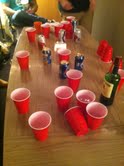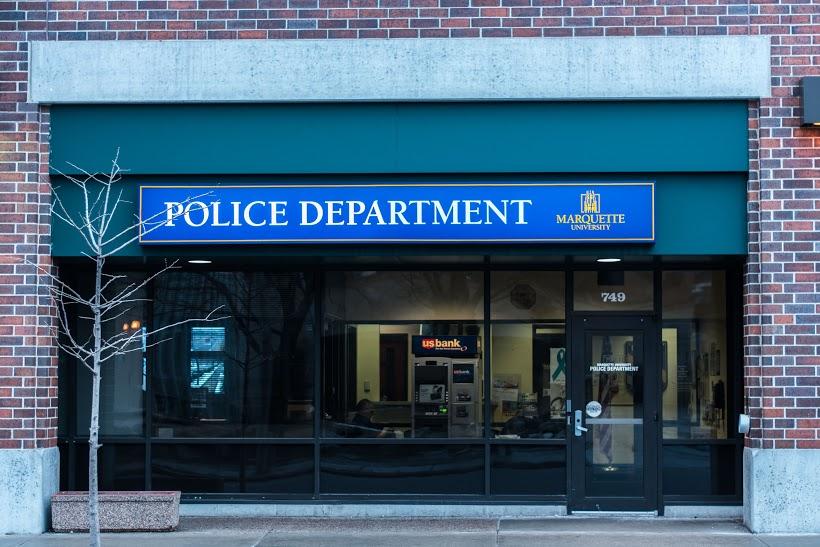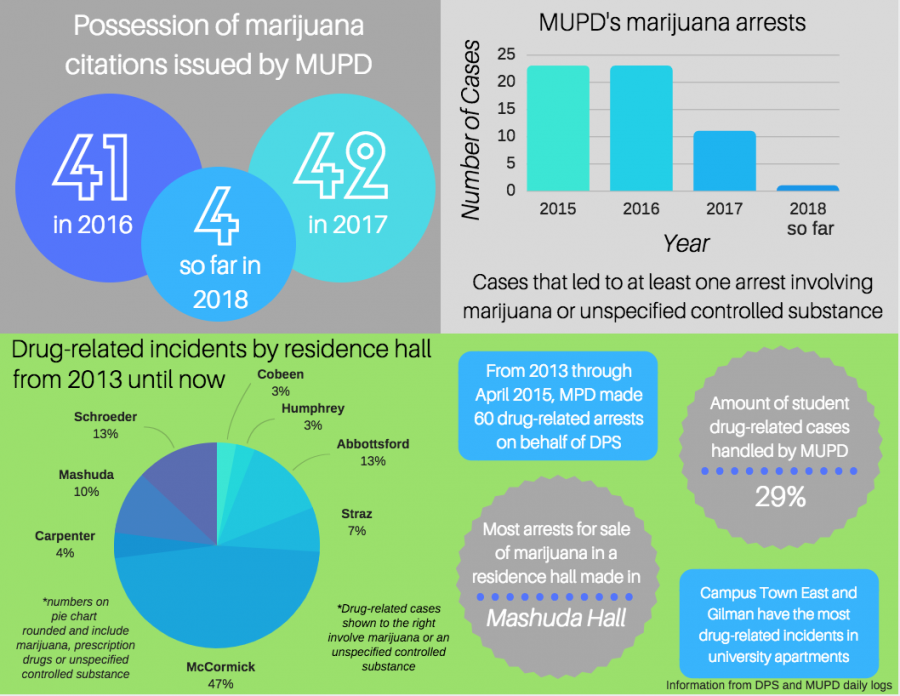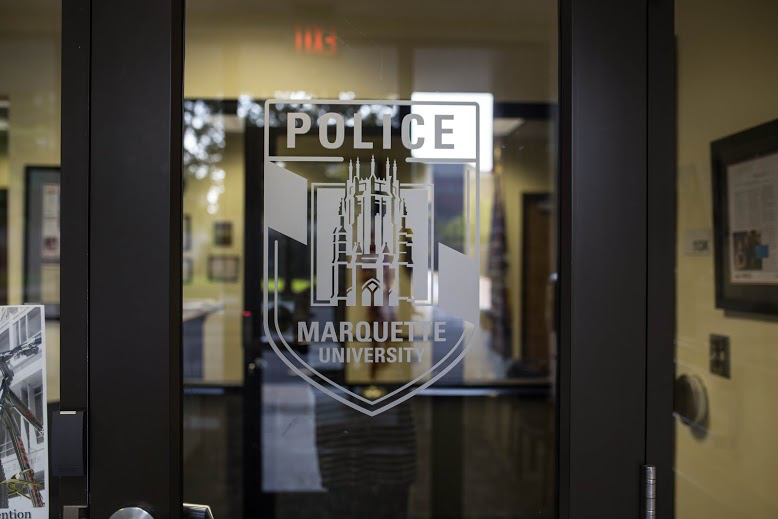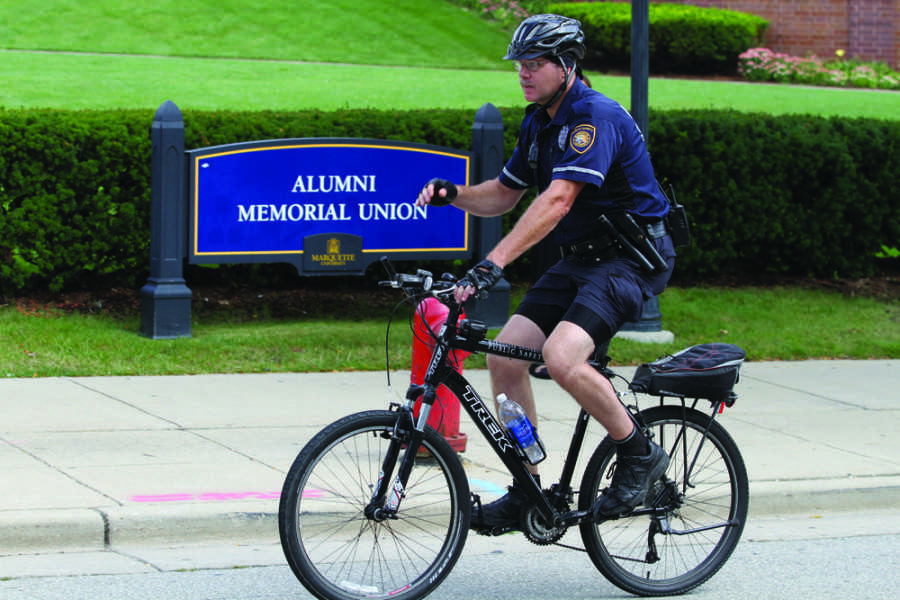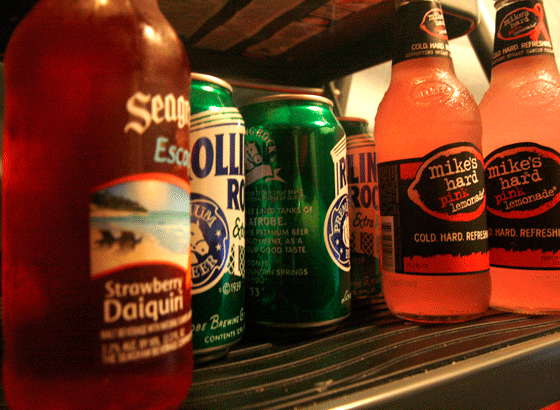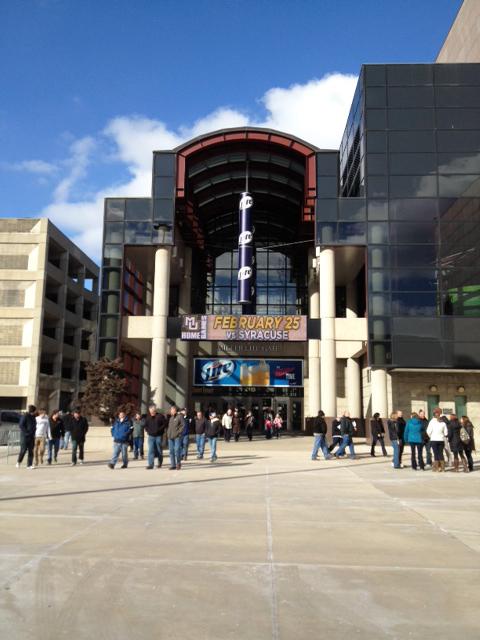Bar-hopping and keggers are standard protocol for kicking off the school year at many college campuses around the country. But for new students, especially those with little experience, excessive drinking can lead to medical emergencies.
This semester, that trend was illustrated the weekend before classes began, with a number of alcohol-related medical incidents. Department of Public Safety officials estimated there were about eight such cases from Friday Aug. 27 to Sunday Aug. 29.
“Research has suggested for many years that across the country, the first six weeks of the academic year are one of the highest-risk times for alcohol use and abuse,” Erin Lazzar, assistant dean of students in the Office of Student Development, said in an e-mail. “The reality is that every student chooses to drink, and how much, for a variety of reasons, some that are very personal. This makes it difficult to generalize why this is a high-risk time.”
Lazzar suggested reasons students choose to drink during the first few weeks could include attempting to meet new people or just trying to fit in.
“The perception exists — from a variety of sources: other students, peers, sibling, media, etc. — that all college students drink and thus [they] do so themselves,” Lazzar said. “The reality is, though, that a majority of first-year students are non-drinkers when they arrive on campus.”
This year, however, the majority of students who needed medical attention were sophomores, not freshmen.
“I think it is very concerning that not only were there freshmen who needed assistance, but we had several sophomores,” said Captain Russell Shaw of DPS. “And I think that’s more concerning knowing that these are students who’ve already been here a year.”
In an attempt to curb the number of alcohol-related medical incidents, students, administrators and organizations are working to find fun and appealing alternatives to drinking.
“First, great prevention takes place by creating a vibrant campus life that has multiple options for socializing and exploring Marquette and Milwaukee,” Lazzar said. “The Office of Student Development and MUSG both have many opportunities for students to engage in this through Late Night Marquette and After Dark.”
Another step Marquette has taken to help stop binge drinking is the AlcoholEdu program that incoming students must complete before they reach campus.
According to Lazzar, the program gives ways students can be active on campus without consuming alcohol. It also teaches students how to drink in a safe manner while informing them of the risks.
One risk includes high medical bills, which must be paid if a student is transported to a hospital for binge drinking or alcohol poisoning. One student, who preferred to remain anonymous, needed to be transported to a hospital last semester for alcohol poisoning. The student said the bill was several hundred dollars and he had to spend months paying for it.
“Marquette does lots of good programs for students as an alternative to drinking on the weekends,” said Bekah Newman, a junior in the College of Arts & Sciences. “Programs such as Fish Fry and a Flick, In the Loop and movies at the Varsity Theatre are always good options for students to have an enjoyable time while making smart decisions.”


